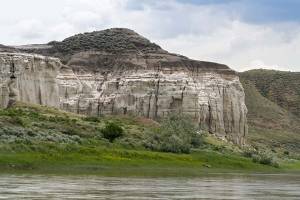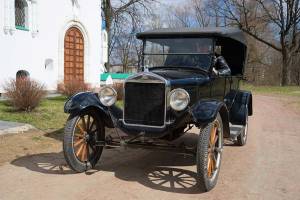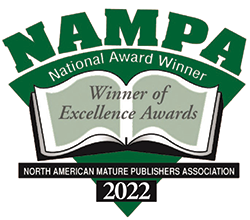By Garrison Keillor
The world’s longest parking lot is Fifth Avenue in New York at midday and a week ago I found myself stuck in it, in a cab driven by a devout Sikh with headscarf and big beard, whose religion evidently taught him to Yield, so we moved at a glacial rate from 86th to 43rd Street where I had an important lunch appointment. Had I taken the B train I would’ve been there in a few minutes, but that mistake had been made, and now I watched pedestrians on the sidewalk passing us.
So what can you do? No need to get fussed up. You embrace stoicism. Epictetus said the way to happiness is to not worry about things beyond your power to control, which includes this taxi ride, totalitarianism, the cost of tickets to “Tannhäuser,” and other things that begin with T. So the two VIPs I am meeting for lunch may have to cool their jets for a while. I don’t have their cellphone numbers, so they’ll just have to amuse themselves at the restaurant. This is New York, a city teeming with amusement, you can stand on any corner, and it will come walking along.
I relaxed in the backseat as we inched through the 70s and I remembered the day—I think it was in 1971—when I flew to New York from Minnesota and got a room at a fleabag hotel, the Seymour, on 44th, which I chose, thinking of Seymour Glass in J.D. Salinger’s “Franny and Zooey,” a book I loved lavishly in college, and the next day I walked around the block to 25 West 43rd Street and took the elevator up to the 17th floor to the office of Roger Angell, a fiction editor at The New Yorker who had bought some stories of mine, the dream of every college writer in America at the time. Back then, I was living in a rented farmhouse near Freeport, Minnesota, just one more impoverished 27-year-old, and I spent the money he sent me for the stories on a flight to New York, where, after telling me how much he liked my stuff, he took me across the street to the Algonquin Hotel for lunch. I felt like the King of the Hill. I think it was one of the most magnificent days of my life, that and the day a nurse handed me my tiny naked daughter in 1997 and my 80th birthday last year when she, my wife Jenny, and I ate breakfast on the porch of a little summer house in Connecticut.
To me, this impromptu recollection of magnificence, while sitting in a guru-driven taxi going 3 mph (4.83 km/h) in Manhattan, is the very embodiment of happiness. I’m a Midwesterner, and we’re brought up to recollect our transgressions and wrong turns and here I was, having stupidly chosen taxi over subway, coming late to an important appointment, and that day in 1971 came back, crossing 43rd with a great editor to lunch where he told me that a New Yorker “first reader” named Mary D. Kierstead had pulled my stories off the “slush pile,” the stack of unsolicited fiction, and sent it upstairs to him. Had she not done that, I imagine I might be an old cabdriver myself these days, or maybe a short-order cook, or a parking lot attendant, but instead my dream of writerdom came true, thanks to an angel named Mary and Roger Angell.
“So what happened when you finally got to the lunch?” you’re wondering. I was somewhat late, they were understanding, I made my pitch, they listened, we had a nice lunch, crab cakes and soup for me, and I could sense that around the room other pitches were being made, and you could tell who was who—the pitcher was leaning forward, the pitchee was leaning back. My pitch was caught, and they agreed to think about it and we shook hands and parted.
It was about a book project, of course, and at the age of 81, the outcome is not so crucial as Mary Kierstead’s rescue of my stories fifty years ago. I believe in the book I pitched, I really and truly do believe the world needs this book, especially with the state of the world being what it is; this makes beauty all the more important.
But the high point of the day was the cab ride in the parking lot, being late due to my own blunder, and being at peace with it, and remembering the beauty of 1971. Thank you, Ms. Kierstead, wherever you may be. MSN










